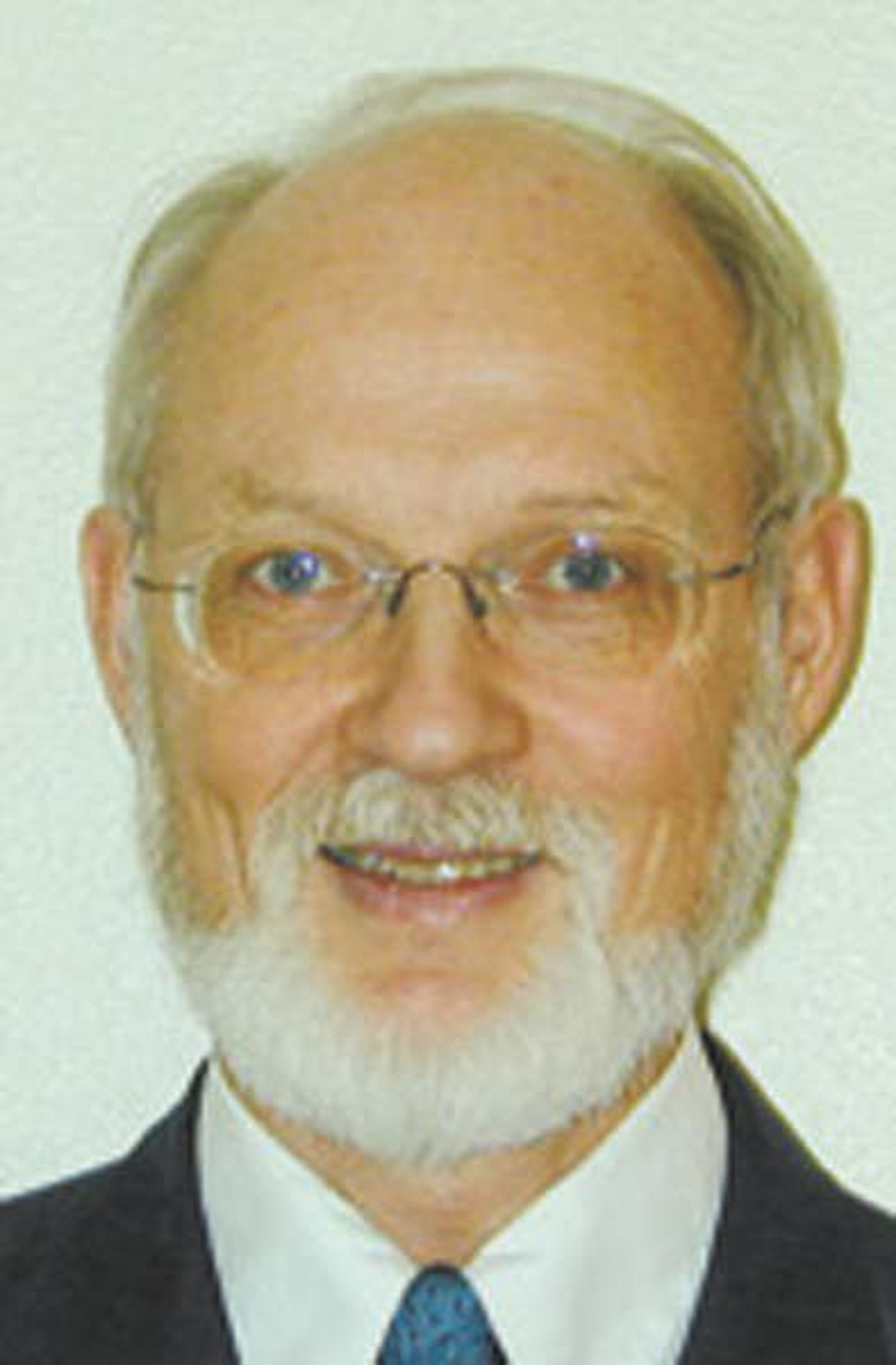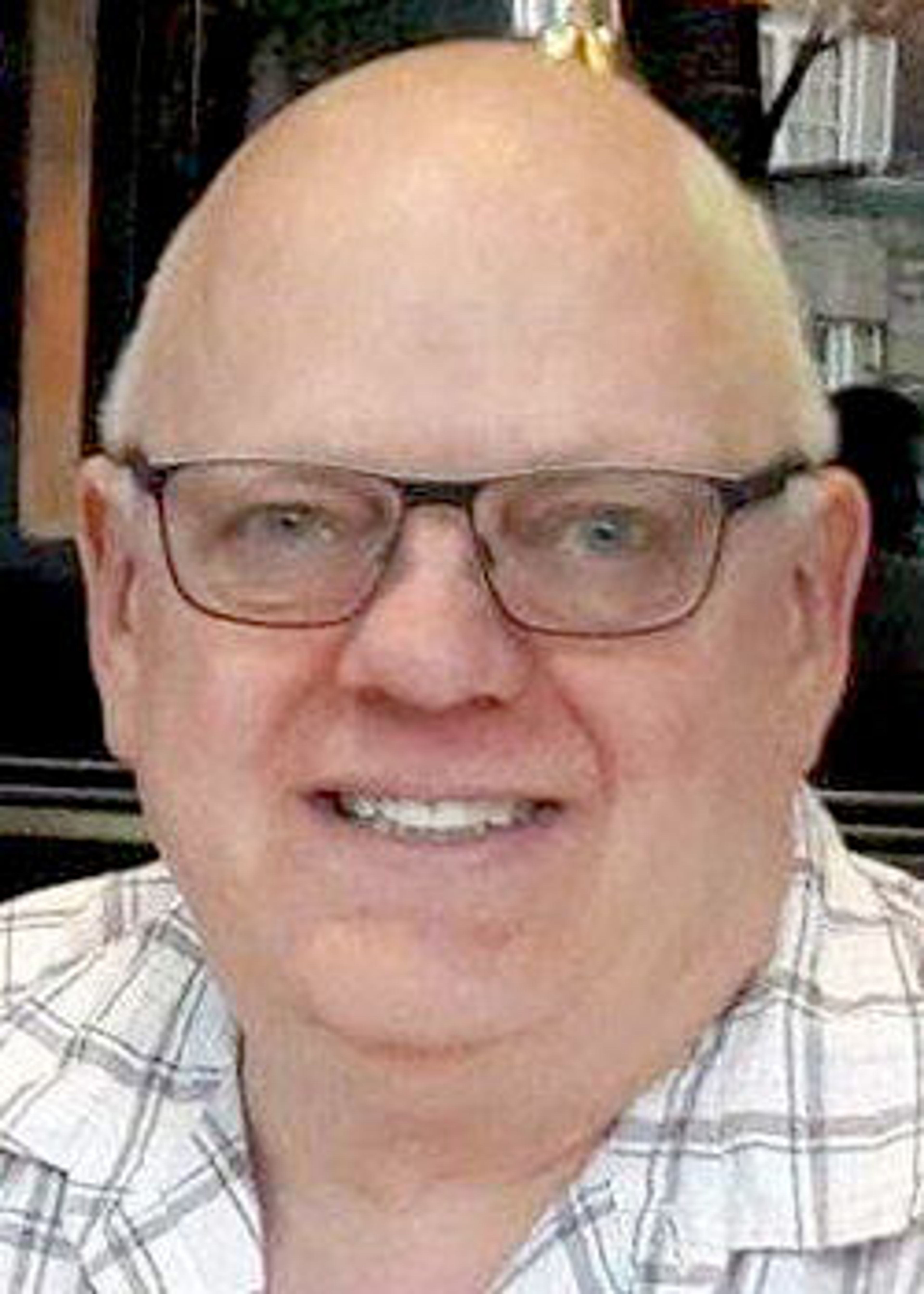The stigma surrounding Syringa
UI sociology professor has assisted park residents since 2015, gained an understanding of the people and park's culture
Many on the Palouse assume Syringa Mobile Home Park residents are criminals, "druggies" or welfare abusers who deserve to be forced out of the park, University of Idaho sociology professor Leontina Hormel says.
But, after three years of speaking with residents and immersing herself into the park's culture, she knows that is far from the truth.
Hormel said many of the residents are working-class people who own their own homes and are simply trying to live their lives at the rural mobile home park east of Moscow.
She said many park residents are employed, and those who are not are likely retired or physically disabled and living on a fixed income.
Most of the residents are service workers, and many are employed full time at local grocery and retail stores, Hormel said, adding others work at the UI or Washington State University.
She said Syringa residents are stigmatized to the extent people are reluctant to work with them financially, making it difficult for them to leave the park.
"There's all this baggage they have to deal with just because they live out at that address, so everyone, including real estate agents and mortgage companies and all of that, know that address," Hormel said.
Come June 5, with or without the help from Realtors or lenders, residents are required to vacate the park.
"Thankfully, there's generous individuals that are stepping in in this last moment," Hormel said. "But there's definitely been reports of people that say, 'Oh, I can't work with you because you're from that address.' "
Hormel said sociologists see these biases concerning groups of impoverished people time and time again.
Sociologists call it "victim blaming," she said.
Hormel said she started her ethnography, or process of trying to capture what life is like for Syringa residents, in 2015, when she realized several UI students lived and worked at the park and were at risk of losing their homes after owner, Magar E. Magar, floated filing for bankruptcy.
Hormel said she wanted to follow the lives of the residents and identify ways to cooperatively own the park.
She said residents were excited and hopeful the park was on the verge of changing for the better when Shelley Magar, Magar E. Magar's daughter, started becoming active in managing the park. Ultimately, the change was not enough to keep the park open.
Before the closure was announced last fall, Hormel said, she researched cooperatively-owned mobile home parks and discussed if there was a way to help Syringa residents get financing to buy the park from Magar.
With the park's closure imminent, Hormel turned her efforts into trying to communicate the needs and challenges of residents and assist in their departure.
She said she considers herself as much of an advocate for the residents as a sociologist studying them.
"In studying it, I'm trying to build tools to help bridge communication gaps between different types of stakeholders in the community," Hormel said.
She said she will continue talks with the residents after they leave the park and follow how they fare.
She said she is also trying to work with Latah County residents to push toward creating low-income housing opportunities in communities within Moscow that are more sustainable than mobile home parks.
"I'm certainly going to be more of an advocate for fair and affordable housing initiatives in Idaho," Hormel said.
Hormel said some mobile home parks in the area are not that far behind Syringa when it comes to homes in disrepair, water issues, neglected infrastructure and rising property taxes that could lead to the communities being closed.
"Syringa's not an anomaly," Hormel said, "but it's probably an indicator of things to come, and we need to be a little bit more prepared than we have been for this particular situation."
Hormel said she plans to write a book that will include what she has learned from Syringa.
Garrett Cabeza can be reached at (208) 883-4631, or by email to gcabeza@dnews.com.







